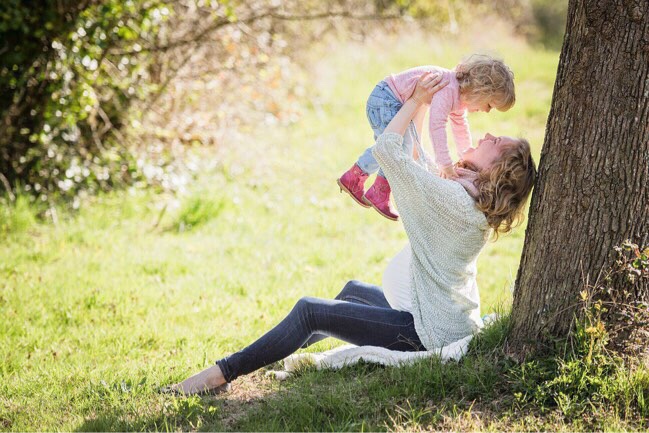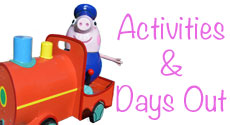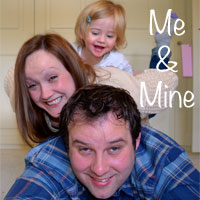Here is another post in our fostering series. To read the previous posts click on the links at the end of the article.
Whilst it may be you who officially becomes a foster carer, if you have birth children living with you, you’ll all be becoming a ‘foster family’. Recognising that fostering will have an impact on everyone in your family, and the family dynamic, is an important first step in learning to become a foster family.
Firstly, whilst different foster families can undergo similar experiences, everyone’s experience is as unique as they are. Therefore, whilst there are common positive and negative impacts on your family, none are guaranteed to happen.
What we do know, is that if you prepare for fostering as a family, rather than as a unit of individuals, you will all rise to, and benefit from, the challenge that fostering brings.

The family nature of fostering
By its very nature, fostering involves offering care to another child within the family and home environment. Therefore, it isn’t a typical ‘job’, nor is it typical parenting. It is a highly unique dynamic.
Therefore, there is no escaping the fact that fostering will impact everyone within the household unit. Meeting the needs of both birth and foster children will become a balancing act you need to master.
However, don’t feel despondent that balancing a foster placement, with children still at home,is impossible without detriment to birth children. It’s not. In fact, the long-lasting positive impacts of fostering on children within the family mean that many go on to become foster carers themselves as adults.
What will my children gain from being in a fostering family?
The benefits of fostering are wide reaching for the whole family.
Birth children within foster families gain exposure to situations which facilitate the development of empathy and compassion. These children become adept at understanding their own identity and family security and gain appreciation for what they have in terms of security and love. They develop patience and care skills which stand them in good stead for their own futures.
Much of this comes about precisely because they are exposed, through direct contact, with the care needs of others either younger or less fortunate than themselves.
Furthermore, birth children can play an enormously positive role in helping a foster child to settle with the family. They can break down barriers through play and child-level communication, which is far harder for an adult to do. This in turn boosts your child’s self-esteem as they see how they have such a positive impact on those around them.
As you learn to become a foster family together, it is worth increasing the time spent in family activities and days out. Enjoying time together, means that your children too, see a real benefit to having a foster child in their home.
Making it a positive experience
The onus is on the foster parent themselves to make the relationship between all family members a positive one. Welcoming a child in to your home will likely foster independence in your own children, but their needs shouldn’t be ignored. As a parent, you can ensure you speak often and openly with your children about how they feel about fostering.
There will be times when the placement may seem negative for your child. Interestingly, this can be most apparent at the end point of a very positive fostering placement. Your child may legitimately experience loss. Helping your child navigate the sense of loss and transition will be an important part of your role as their parent.
Many other ‘negatives’ can also become positives. If your child struggles to share with the foster child, for example, this can become a valuable learning opportunity.
Focus on the match
When you are fostering with your own children at home, you really must pay attention to getting the placement ‘match’ right. By fostering with the right agency, you should feel confident that your birth children’s needs are considered in each and every placement. You should also know that you will receive support and training to facilitate positive relationships for all parties concerned.
Author bio: David Milsont is an ardent writer, who inspires the readers by writing highly factual and informative posts. When he is not busy with his writing assignments, he loves to spending time with his loved ones.

























